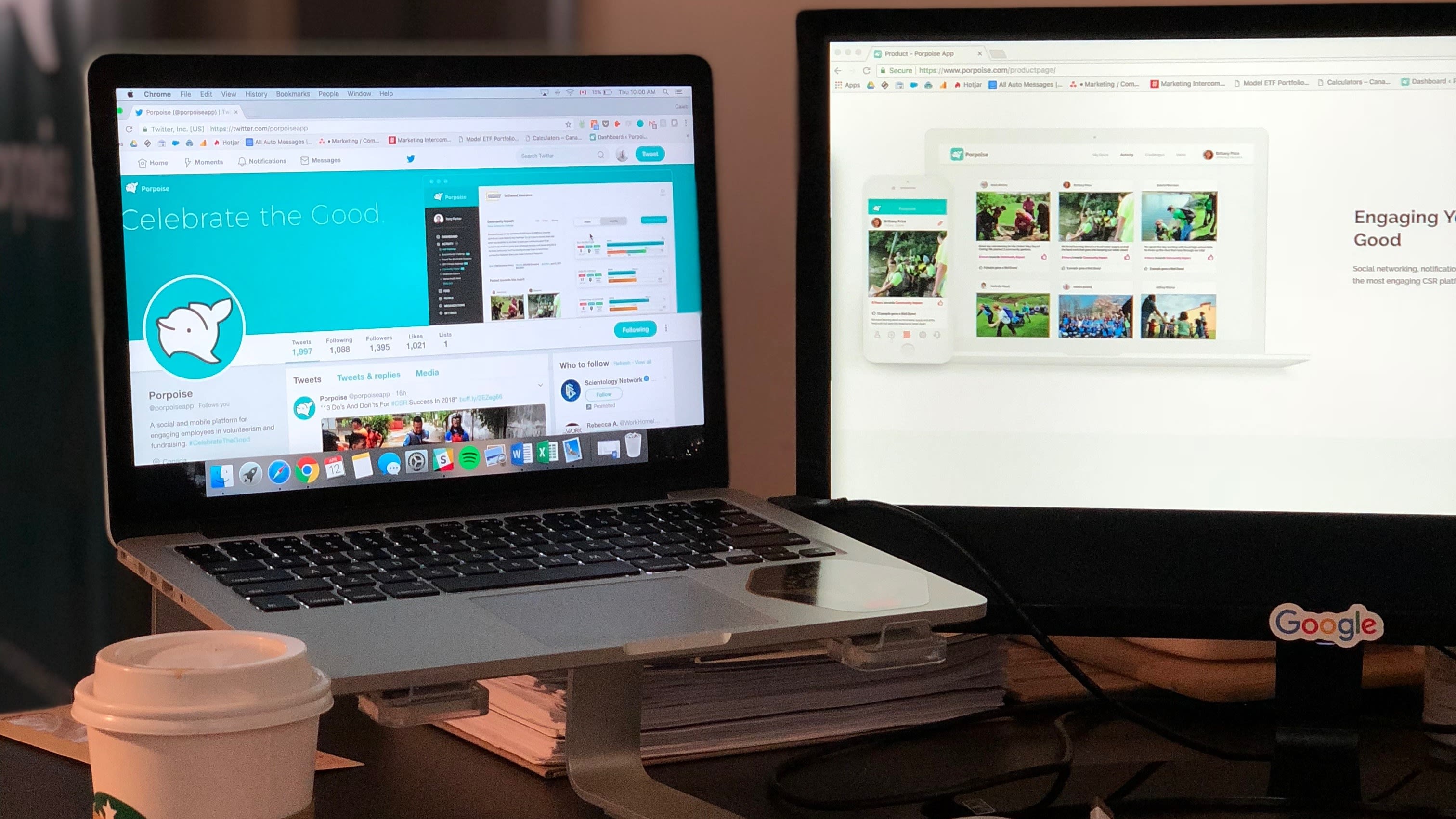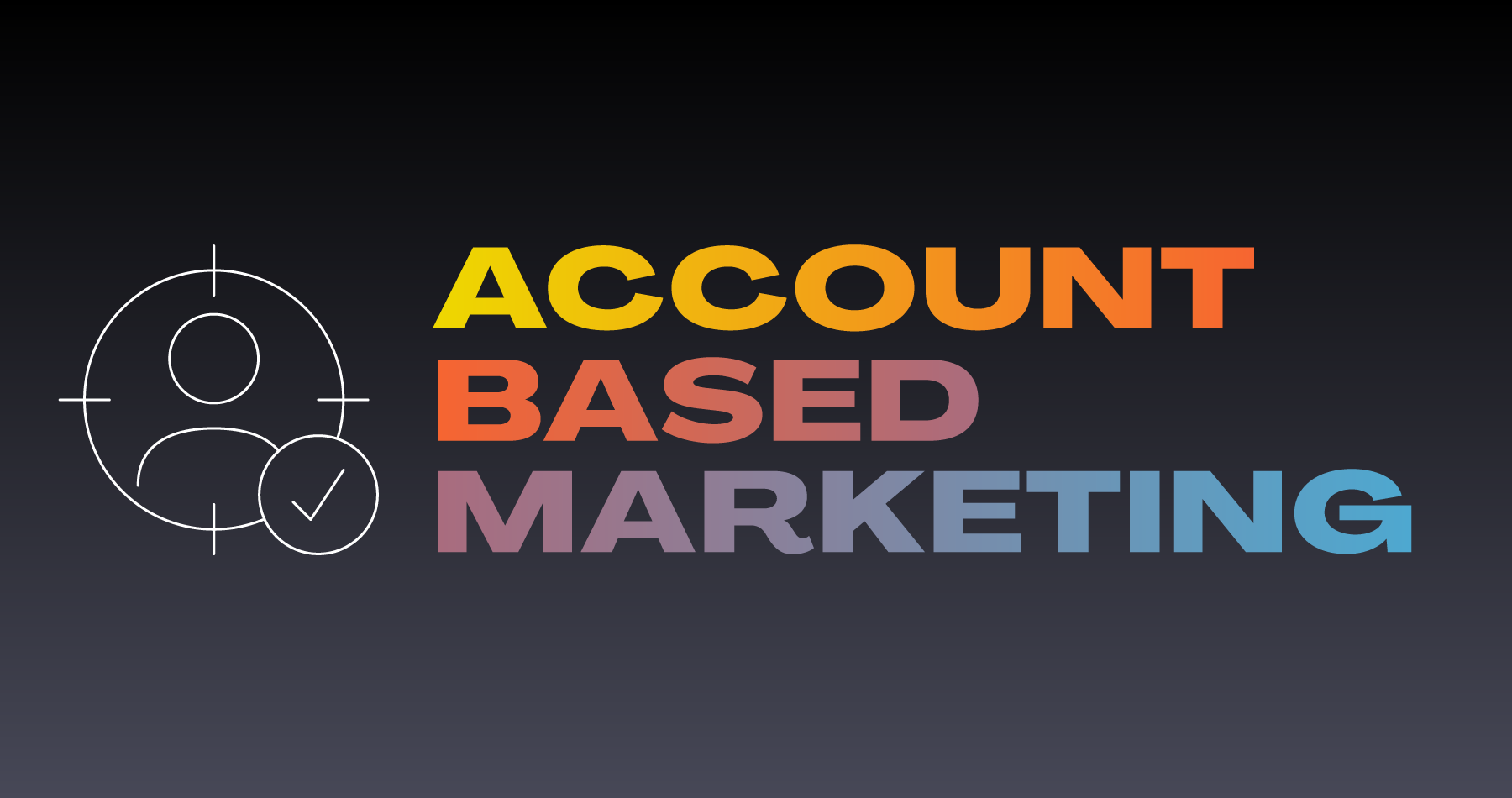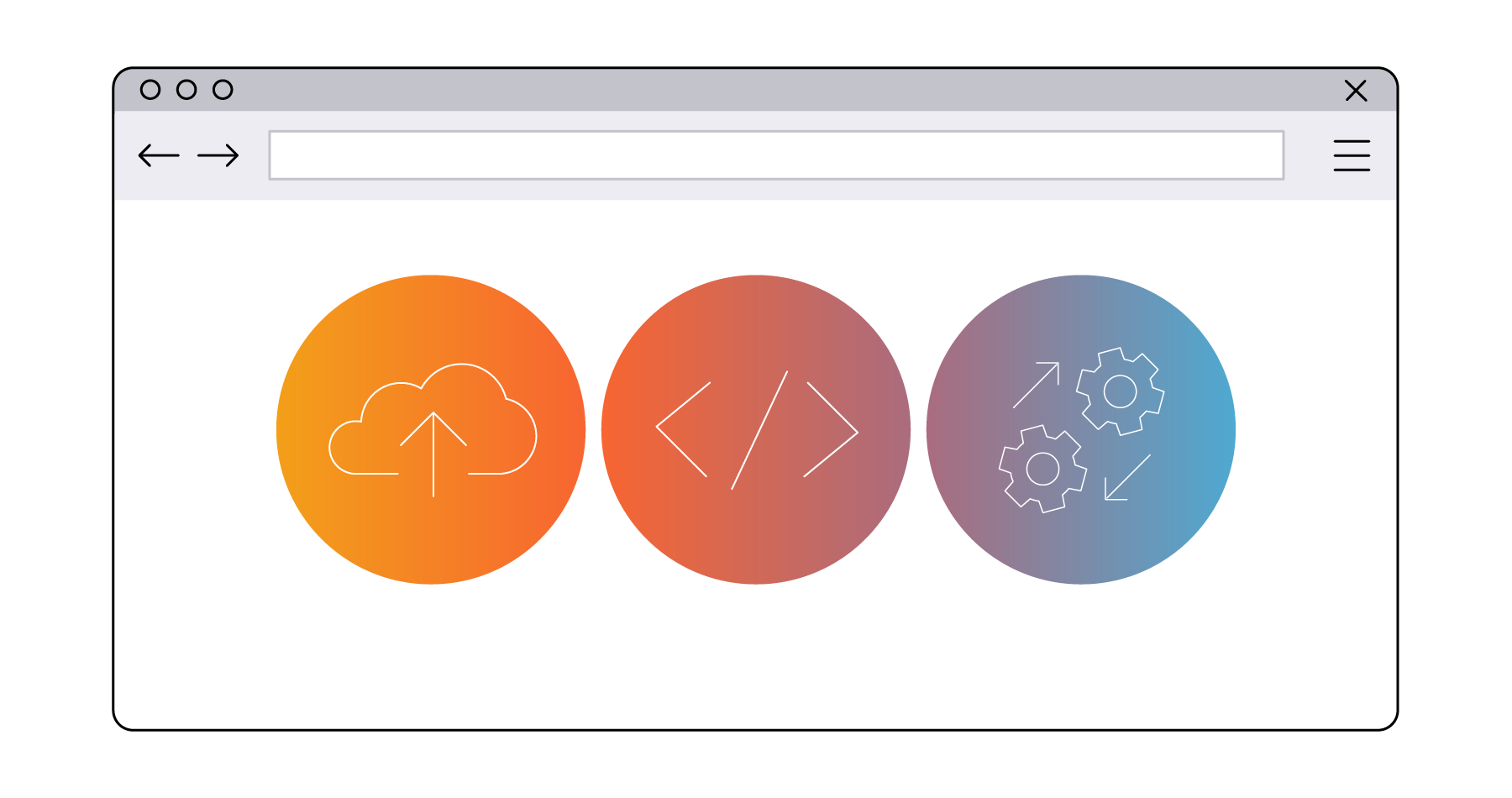Using Social Media to Amplify Owned Video Content
Brightcove News

Amplify—Not Cannibalize—Your Owned Content
If you want your content to find an audience—and I’m assuming you do—then you need to take a multi-channel approach to content promotion. Social channels like Facebook, Twitter, Instagram, and even LinkedIn help you capture viewers where they’re already active, engaged, and clicking on links. Of course, each channel has unique users, interfaces, and needs, so you’ll want to create unique content for each of them. And, in order to monetize those views, you have to make sure some of those links are driving back to your owned properties.
We’ve pulled together the top posting best practices for using social to amplify your owned content, so you can see your click-throughs spike.
Live streaming
Not all brands have hopped on the live to social bandwagon yet—so if you start now, you’ll have an advantage. When you’re live streaming on social, whether you’re on YouTube, Instagram, or Facebook, your live stream should stay up long enough so that viewers have time to find your stream and tune in. You’ll probably notice that you start out with only a few viewers, and the audience grows exponentially throughout. A good rule of thumb is to stay live for no less than ten minutes.
Prefer to keep your live stream on your own website? Post a clip to social during the event (including a link back to your website, of course) so that your social followers know you’ve got a live event going on. Check out our datasheet for more on how to bring your live stream vision to life.
Automated monetization
Are you monetizing the content you post on YouTube? You should be! And if it sounds intimidating, don’t worry—you can automate the process using your tech stack. For example, Brightcove Social’s AutoSync allows you to automatically sync videos, including monetization settings, to your social media channels based on video tags in Brightcove. That way, you can upload a video once, distribute it to all your social profiles, and collect analytics in one dashboard. Once configured, Brightcove Social settings adhere to existing YouTube copyright and monetization policies, so you can enforce copyright and monetize your YouTube content, without managing it in YouTube separately. Click here to learn more about Brightcove Social features.
Engaging with your audience
You can’t just post a video on social media and then walk away. Engage with the comment section, or go one better—pose a question in your video to encourage people to comment! Integrate those comment sections into your own website as well using an MRSS feed, or let users rate and comment right on your own site.
You should also include hashtags in your posts as a way to engage with ongoing social conversations. It has the added benefit of making your content easily searchable so that relevant viewers are more likely to find it. Think of social media as a conversation between your company, your audience, and the world at large—and be an active participant in that conversation.
Optimizing for each channel
On social media, you have the opportunity to go beyond sharing clips of content that already lives on your own website. Consider creating video content that is unique and specifically tailored to one of your social networks. At our PLAY 2019 session called Evolving the Publisher Business Model, the team from Meredith Corp described how they’ve created 20 shows specifically for Instagram TV. You don’t have to create 20 shows right off the bat—but see if you can brainstorm a video series for Facebook or LinkedIn, depending on where your audience is most active.
Social login
If you provide a subscription service, enable social login for your users. Not only is it convenient for them to login to your subscription service using their social media credentials, but it also makes it easy for them to organically promote you. It also allows you to learn more about your audience, so you can recommend the most relevant content and ads to them.



